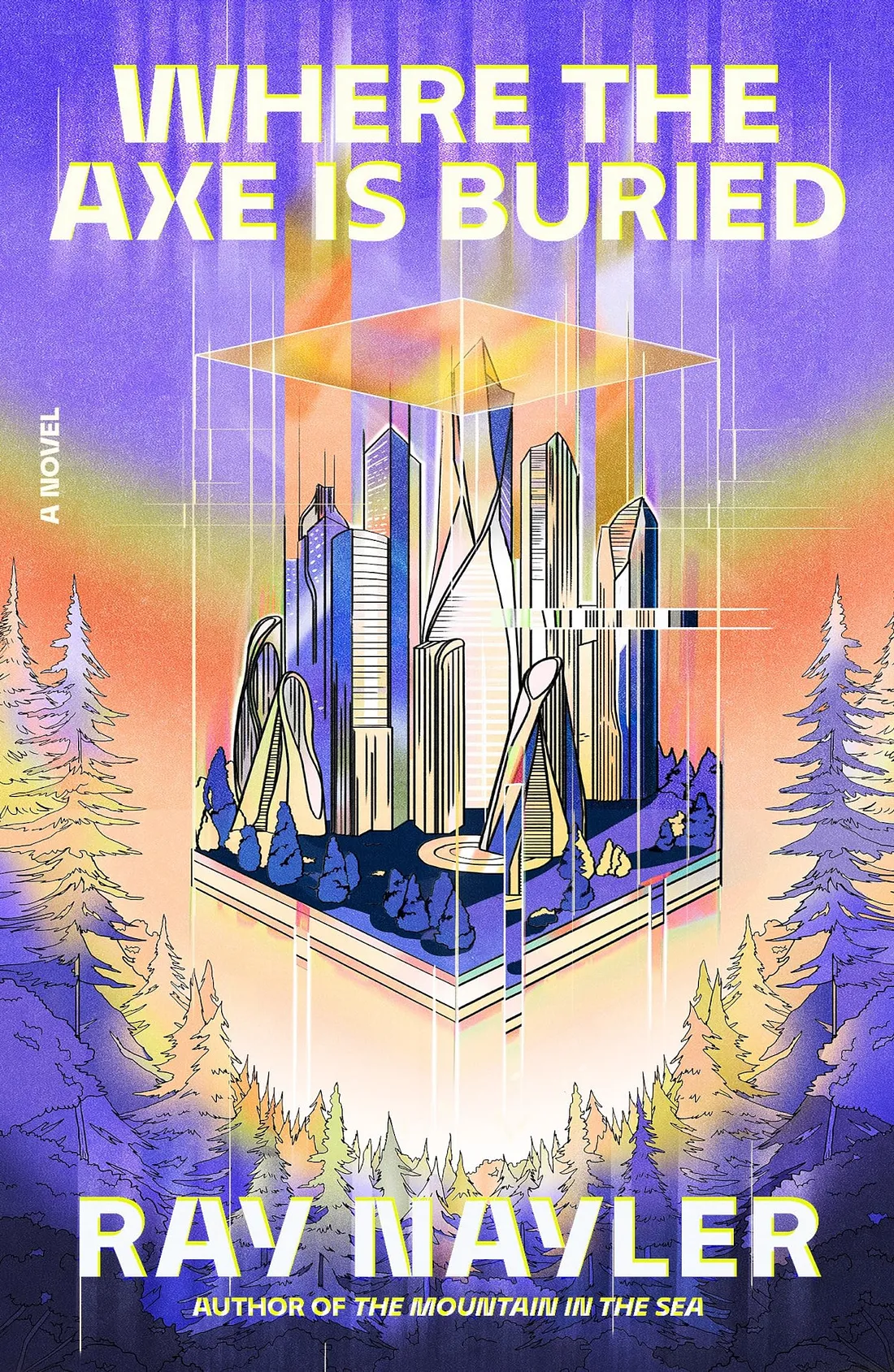ilk@bookrastinating.com (e)k Ray Nayler(r)en Where the Axe Is Buried liburuaren kritika egin du
Where the Axe is Buried
This is an apocalpyse novel at its heart - one triggered by social and technological disaster instead of a natural event. We follow several characters who live in several different nation-states, known simply as The Federation, the Union and the Republic (the real-world countries they represent become obvious). The one unifying aspect of all their plots is the need to maintain contact with another human being somewhere in the world, and the ways in which government seeks to prevent/distort/interfere with communication. It's also about the relationship between state and citizen, and whether systems are truly able to change from within or require exogenous factors/black swan events to undergo real transformation.
The author spends a lot of time talking about the Federation's dreadful control architecture and the effects it has on the books characters and Federation society at large. However it struck me that much of it has analogs in Western …
This is an apocalpyse novel at its heart - one triggered by social and technological disaster instead of a natural event. We follow several characters who live in several different nation-states, known simply as The Federation, the Union and the Republic (the real-world countries they represent become obvious). The one unifying aspect of all their plots is the need to maintain contact with another human being somewhere in the world, and the ways in which government seeks to prevent/distort/interfere with communication. It's also about the relationship between state and citizen, and whether systems are truly able to change from within or require exogenous factors/black swan events to undergo real transformation.
The author spends a lot of time talking about the Federation's dreadful control architecture and the effects it has on the books characters and Federation society at large. However it struck me that much of it has analogs in Western countries - de facto social credit schemes, surveillance meshnets, advanced behavioral fingerprinting, etc.
The novel isn't totally pessimistic, ending on a note of hope. There's a long afterword by the author regarding his intentions in writing the book (it felt like a cheatsheet though - apparently just putting the answers in the back in case your readers don't get the text is a thing in genre fiction now?). It's a very 2020s novel.

